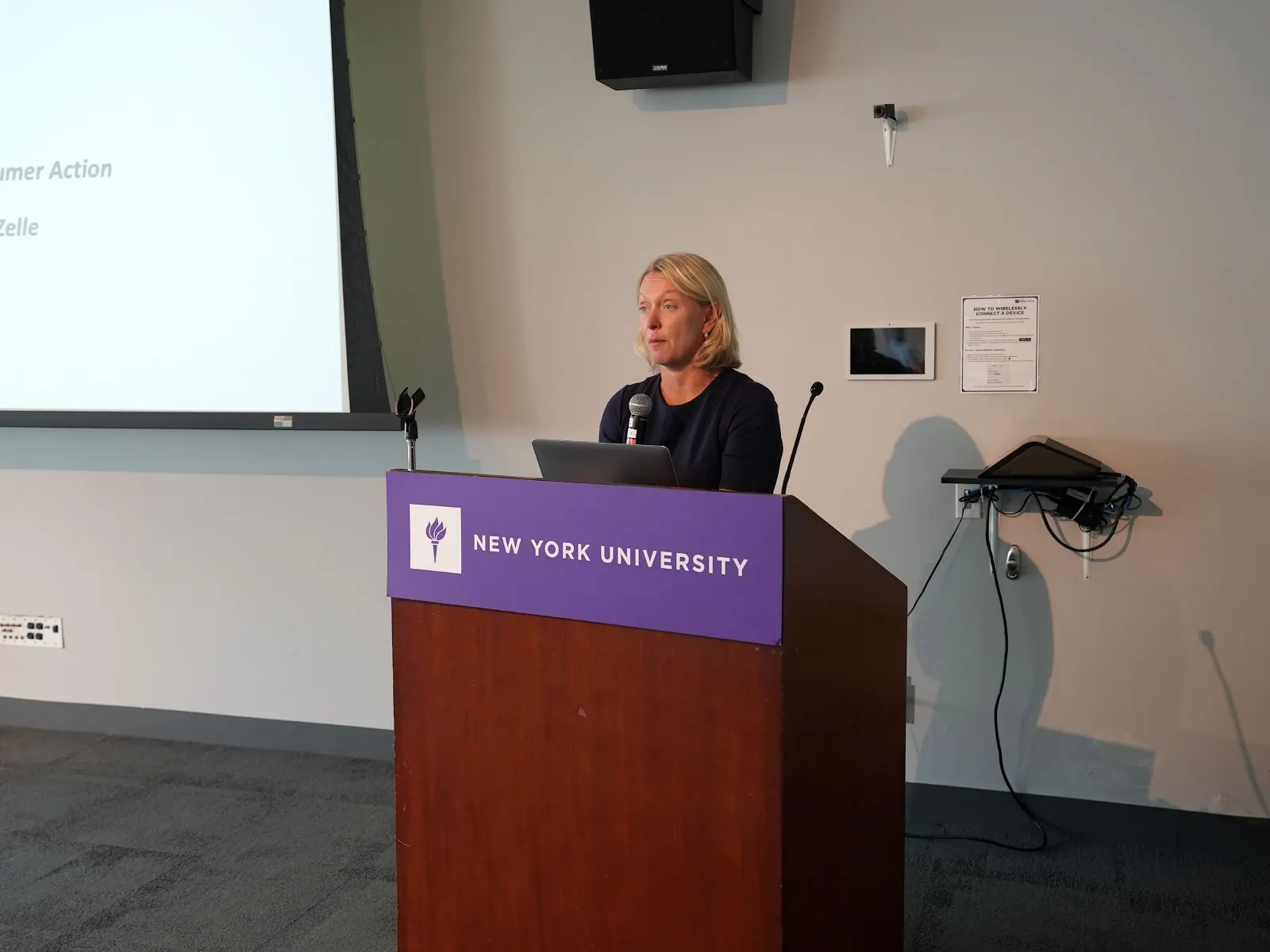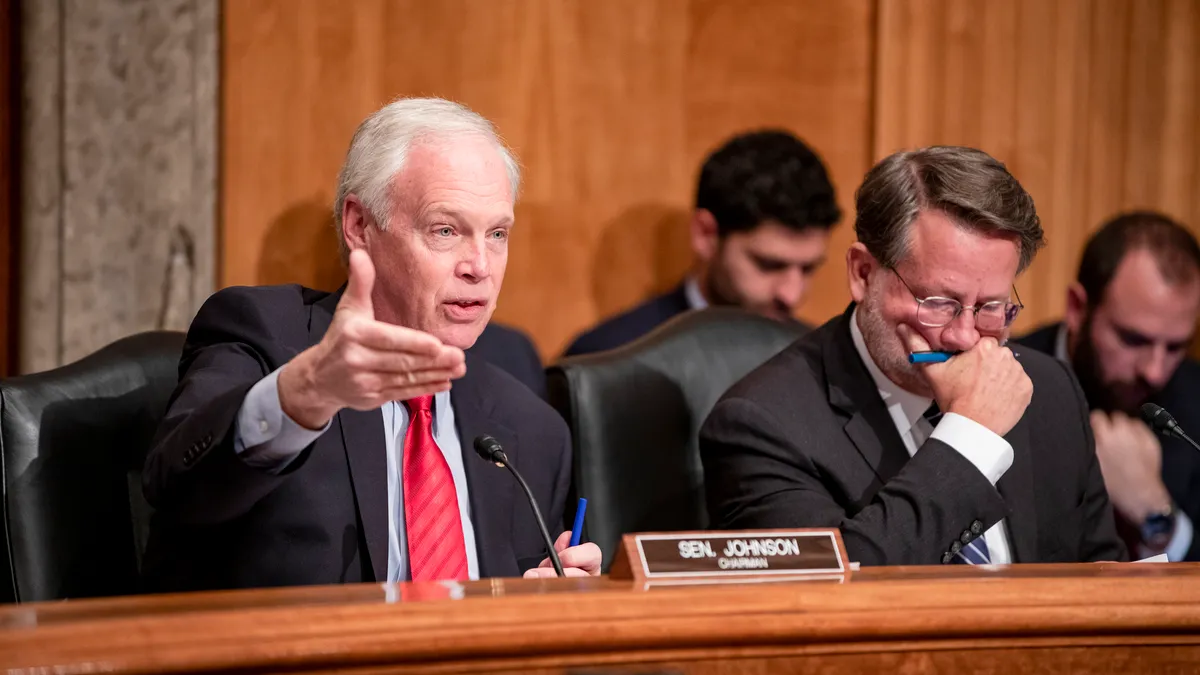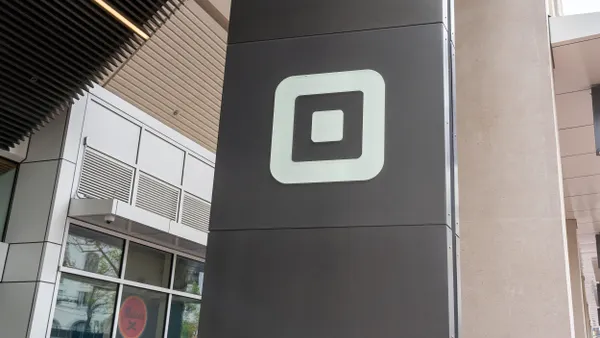Early Warning Services and the nonprofit Consumer Action will train community leaders in three major metropolitan areas in the coming months to spot scams and fraud.
EWS’ peer-to-peer payment service Zelle has been under fire from consumer advocates and lawmakers for purportedly allowing fraud to proliferate on its platform. Zelle has begun funding a series of free workshops in conjunction with the national non-profit group Consumer Action.
“We train the trainers and then they go out and work in their local communities,” Zelle General Manager Denise Leonhard said in a July interview.
Zelle is a digital payment network used by consumers and businesses to send and receive money.
The community leaders and groups who will attend the workshops include union leaders and advocacy organizations as well as groups that work with the elderly, Leonhard said.

The sessions will also include groups that work with people who speak Chinese and Spanish, Consumer Action Executive Director Anna Flores said in a July interview.
"We've been doing this for a number of years," Flores said. The organization connects with community leaders from underserved populations "and we train them on consumer protection issues, mostly in the financial services space."
The difference now is that the workshops organized in conjunction with Zelle will focus entirely on scams and fraud, she said.
Consumer Action connected with Zelle because both organizations are part of the Aspen Institute, which has a national task force on preventing fraud and scams, Flores said. A meeting of that task force is where an EWS representative first approached Flores, she said.
The first workshop was held in New York City on July 22 and more workshops are planned in Los Angeles in September and Scottsdale, Arizona in December, according to an Early Warnings Services news release. An undetermined city in North Carolina will also hold a workshop in the first quarter of next year, Flores said.
The gatherings are intended to educate community leaders on spotting red flags that can identify fraudsters and scammers so they can better educate populations that are particularly vulnerable to fraud, such as the elderly, Flores said.
Zelle’s parent, EWS, is owned by seven big banks. It has recently added hundreds of smaller community banks to its network.
Executives from EWS and the owner banks have appeared before Senate committee panels to explain what the service is doing to prevent fraud, congressional investigations have found that Zelle users lost hundreds of millions of dollars to fraud and scams and news outlets have reported that the payment service allowed fraud to proliferate.
More than 99.95% of Zelle transactions do not involve a report of a scam or fraud, an Early Warning Services spokesperson said in an emailed statement.
”The fact is scams don’t start on Zelle, they start with criminals manipulating people long before dollars move,” the statement said. “The real threat isn’t the payment method. It’s the criminals – both in the U.S. and increasingly in foreign countries – exploiting American through texts, DMs and online marketplace scams.”
The company helped organize the workshops because use of the platform is on the rise, Leonhard said, noting that payment volume on Zelle exceeded $1 trillion for the first time in 2024.
The four initial workshops are offered free of charge because of Zelle’s financial contribution, Flores said. The company and the group hope to schedule more sessions and other cities in the future.
Early Warning Services recently pitched Zelle to the U.S. Treasury Department as a viable option for sending money to taxpayers as the federal government considers how to end its use of paper checks.













